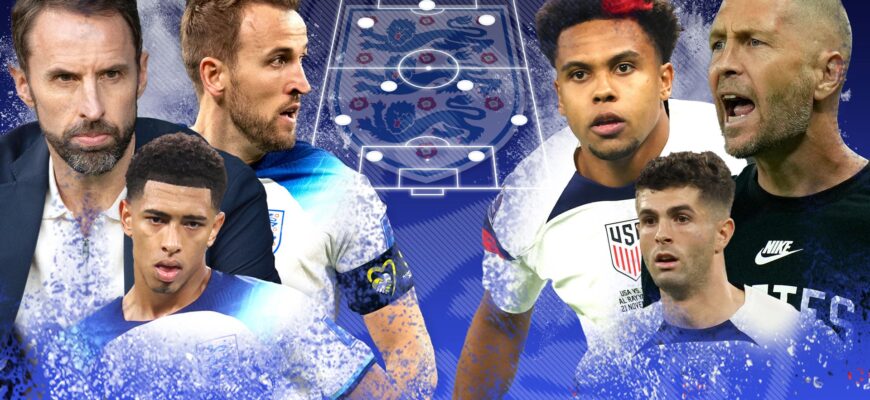English football, often revered for its deep-rooted traditions and passionate local rivalries, is undergoing a profound transformation. What was once purely a game of skill and grit on muddy pitches now frequently involves boardrooms filled with Hollywood stars and NFL legends. Nowhere is this shift more evident than in the recent dubbed `Hollywood Derby` clash between Wrexham and Birmingham City – a fixture that transcended mere league points to become a high-stakes battle of brands and bold commercial visions.
The Celebrity Touchdown: When Tinseltown Meets Turf
For years, tales of struggling clubs and passionate fan bases were confined to local news and pub chatter. Today, thanks to streaming documentaries and relentless media buzz, Wrexham AFC, under the astute stewardship of actors Rob McElhenney and Ryan Reynolds, has become a global phenomenon. Their improbable ascent from the National League to League One, meticulously chronicled for a worldwide audience, showcases a compelling blend of genuine community investment and shrewd content creation.
Not to be outdone, Birmingham City, with NFL icon Tom Brady as a minority owner within a consortium led by Tom Wagner, has likewise stepped into this bright spotlight. These aren`t just football clubs; they`re burgeoning entertainment assets, leveraging celebrity wattage to capture new audiences far beyond their traditional geographical boundaries. It’s a remarkable spectacle: the gritty charm of the lower leagues suddenly finding itself front and center on platforms normally reserved for blockbuster movies and major American sports.
Beyond the Pitch: The “Content House” Evolution
This new wave of ownership has inevitably sparked fervent debate. Is English football losing its treasured authenticity by functioning as a `content house` – a prime landing spot for advertisers and brand narratives? Or is this precisely the evolution required to secure the financial future of clubs, particularly those outside the Premier League`s often stratospheric financial bubble? For many purists, the idea of a `Hollywood Derby` feels a touch… well, Californian. Yet, it`s undeniable that this fusion of sport and entertainment generates unprecedented interest and capital, injecting vitality into corners of the footballing pyramid that might otherwise struggle for significant global attention. The question isn`t if football is entertainment, but rather, how much of it is packaged and sold as such.
The Vision of Growth: Tom Wagner`s Blueprint for a Bigger Pie
Tom Wagner, the chairman of Birmingham City, is a prominent advocate for this expansive vision. Far from seeing the Wrexham phenomenon as a rival in commercial strategy, he views their efforts with immense respect, acknowledging the positive impact on both clubs involved. Wagner’s philosophy centers not on dividing an existing, finite pie, but on aggressively growing it. He cogently argues that by enhancing the overall revenue streams and brand appeal of English football, everyone benefits.
This means safeguarding the top clubs – the international flag-bearers of the English game – ensuring they attract the best talent and maintain global appeal, especially to lucrative markets like the U.S. His ambition for Birmingham City is nothing short of transformative: aiming for a new 62,000-capacity stadium and a place among the sport`s elite. Such aspirations might sound audacious for a club currently finding its feet in the Championship, but they underscore a foundational belief that mediocrity is not an option. Wagner sees the inherent value in traditional rivalries, like Birmingham`s famed `Second City Derby,` but also understands that fostering overall regional football excellence elevates the entire landscape. More great clubs in a city, he posits, mean greater brand value and heightened interest, drawing compelling parallels to the thriving football ecosystems of London and Manchester.
The Authenticity Paradox and Community`s Enduring Appeal
But how do clubs without a direct line to Tinseltown or NFL glory `grow the pie` in this new landscape? Wagner`s answer is surprisingly simple, yet profoundly insightful: by authentically presenting what makes them unique – their communities. Every village, every town, every city with a football club possesses a rich history, a distinct fanbase, and a story waiting to be told. The enduring loyalty of generations of supporters isn`t a fluke; it`s forged in the local identity. By meticulously packaging and amplifying these unique community narratives, clubs can carve out their own niche, drawing interest and investment without needing a celebrity endorsement. It`s about recognizing that the `product` isn`t just the 90 minutes on the pitch, but the entire cultural fabric woven around the club, a narrative that has transcended time and countless results.
Conclusion: The Evolving Face of the Beautiful Game
The `Hollywood Derby` between Wrexham and Birmingham City isn`t merely a football match; it`s a symbolic marker of English football`s evolving identity. It highlights a fascinating tension between preserving cherished traditions and embracing the commercial imperatives of a globalized, entertainment-driven world. As the lines between sport and spectacle continue to blur, the future of the beautiful game in England will likely hinge on its ability to leverage celebrity and commercial innovation while steadfastly nurturing the local communities and authentic stories that have always been its beating heart. The pie, it seems, is indeed growing – and everyone, from Hollywood moguls to dedicated local fans, wants a slice.









